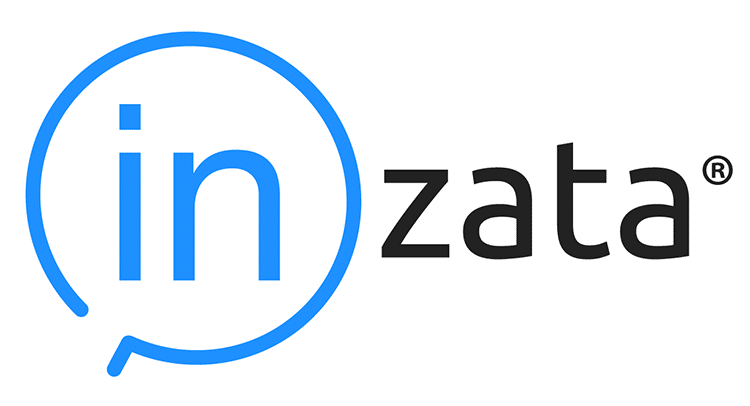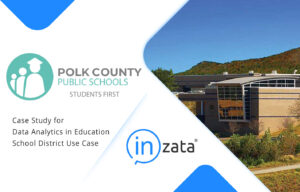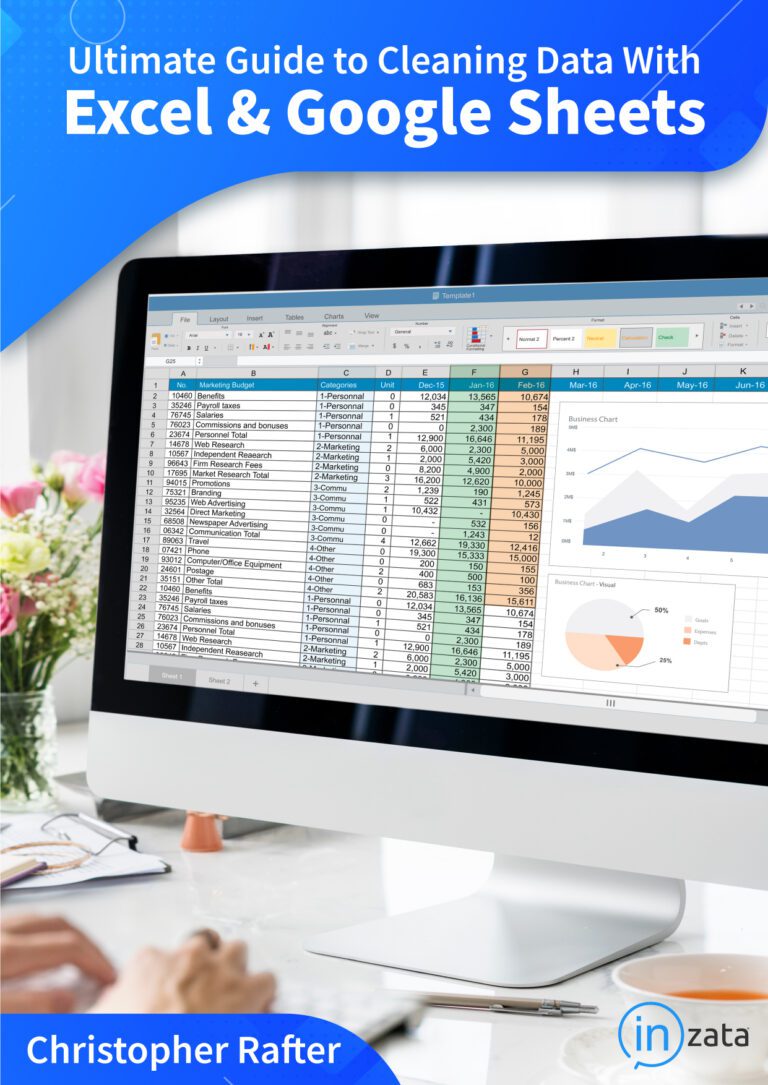It’s no secret that data is becoming more and more central to every organization. Companies are investing heavily in their IT infrastructure as well as recruiting top talent to maximize every effort in becoming data-driven. However, most companies are still missing one key component from their data initiatives: DataOps.
DataOps isn’t necessarily new, many organizations already possess various elements and processes that fall under the philosophy without knowingly labeling them as DataOps. But many questions come to mind when the topic of DataOps is introduced. What is it? Why is it important? How is it different from the way you’re already working with data? Let’s address these questions and take a deep dive into why DataOps is essential to becoming truly data-driven.
What is DataOps?
While DataOps isn’t confined to one particular definition or process, DataOps is the culmination of many tools and practices in order to produce high-quality insights and deliverables efficiently. In short, the overarching goal is to increase the velocity of analytics outcomes in any particular organization while also fostering collaboration. Similar to DevOps, it’s built on the foundation of taking an iterative approach to working with data.
Why is DataOps Important?
In today’s fast-paced business climate, the quicker you can respond to changing situations and make an informed decision the better. The end-to-end process, though, when working with data can be quite extensive for many data science teams. Having systems in place to decrease the amount of time spent working with data anywhere in the process from data prep to modeling can promote operational efficiency. This improves the use of data to drive decisions across teams and the organization as a whole.
Furthermore, DataOps is all about improving how you approach data, especially with the high volumes of data being created today. This enhanced focus when working with data can lead to:
- Better decision making
- Improved efficiency
- Faster time to insights
- Increased time for experimentation
- Stronger data-driven culture
Maximizing Time and Resources
Companies have an abundance of data to work with, but extracting value from it first requires data scientists to perform many mundane but necessary tasks in the pipeline. Finding and cleaning data is notorious for taking up too much time. The 80/20 Rule of Data Science indicates that analysts spend around 80% of their time sourcing and preparing their data for use, leaving only around 20% of their time for actual analysis. Once the data has been prepped, data scientists will then model and test before deployment. Those insights then need to be refined and communicated to stakeholders, often through the use of visualization tools.
This brief description of the analytics lifecycle is not entirely exhaustive as well, there are many additional steps that go into orchestration. But with no centralized processes in place, it’s likely that these tasks aren’t being performed in the most efficient way possible, making time to insights a lengthier cycle overall. The main point here is to emphasize the importance of DataOps in maximizing available time and resources. Adding automation and streamlining these tasks can increase your overall analytics agility.
Unifying Business Units
Additionally, DataOps helps unify seemingly disconnected business units and the organization as a whole. Having centralized practices and robust automation allows for less division or infrastructure gaps amongst teams. This can lead to greater creativity and innovation across business units when it comes to working with analytics.
Conclusion
There’s no question that the business value of data can be transformative to an organization. You don’t need to hire a whole new team, chances are you already have the core players needed to realize DataOps in your current operations. DataOps is more about producing these data and analytics deliverables quickly and effectively, increasing operational efficiency overall. If you’re serious about becoming data-driven, you should start thinking about adding DataOps to your data management strategy.


